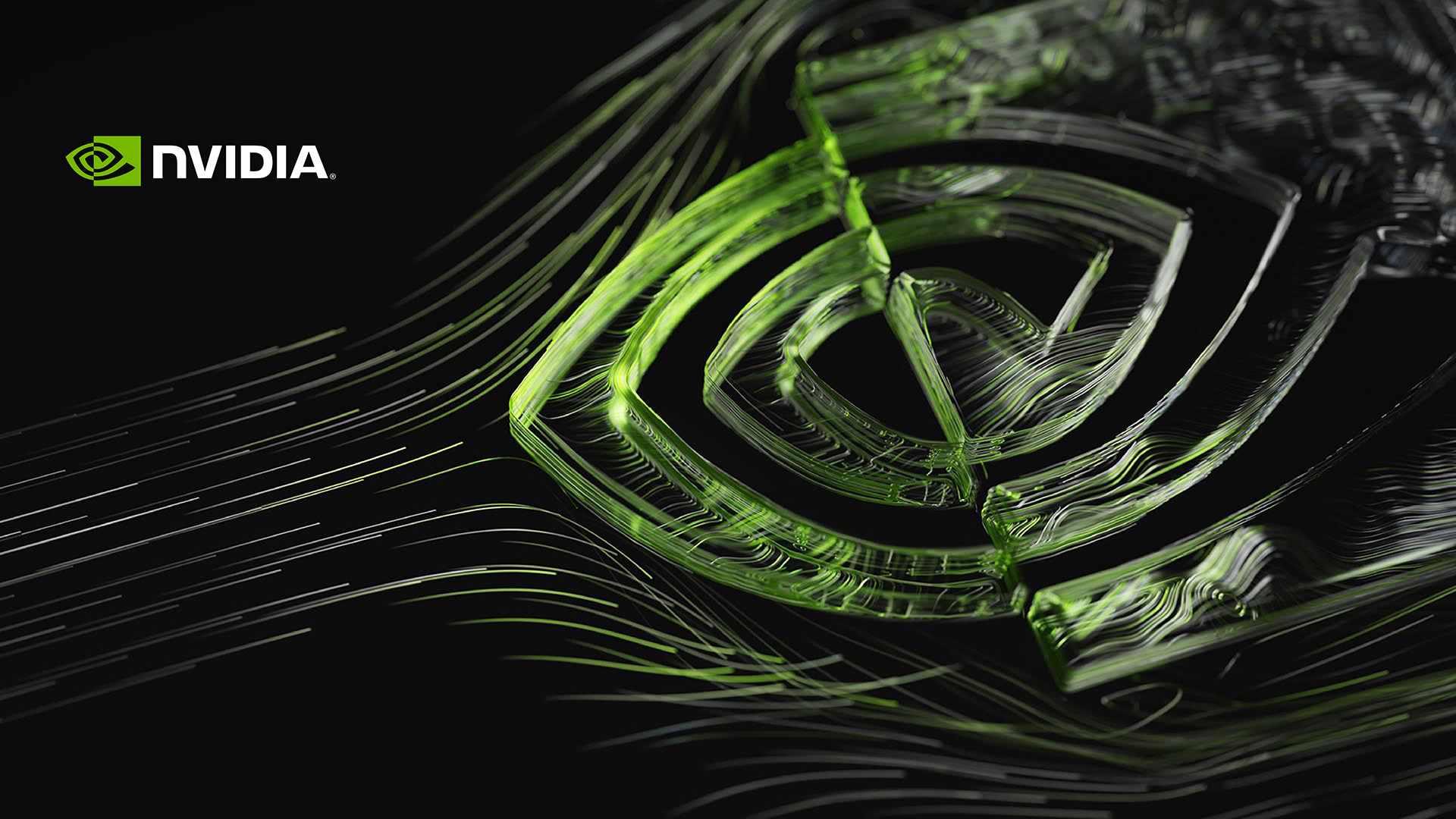Nvidiaannounced Wednesday it is expanding its GPU kernel module open-source transition. Nvidia first released production-ready open-source Linux GPU kernel modules for data center compute GPUs in May 2022. Beginning with its upcoming R560 driver release, Nvidia will transition fully to the open-source GPU kernel modules across all platforms.
Nvidia stated that since its GPUs all share a typical driver architecture and capability set, it can utilize the identical fundamental driver regardless of whether the GPU is for home use or used to power cloud-based AI workloads. After two years of development and testing, Nvidia says it’s brought its open-source GPU kernel modules to a state where they offer equivalent or better performance than the proprietary drivers.

Furthermore, Nvidia said its open-source kernel modules can provide “substantial new capabilities.” These include:
There are exceptions to this transition. Grace Hopper and Blackwell GPUs require the open-source driver, and Nvidia recommends it for many other newer GPUs. If your GPU is from the Turing, Ampere, Ada Lovelace, or Hopper architectures, Nvidia recommends switching to the open-source GPU kernel modules.

However, the open-source GPU modules do not support Nvidia’s older GPUs, including those with the Maxwell, Pascal, and Volta architectures.
In most cases, Nvidia says its driver installation methods will change the default choice to the open-source driver. However, some scenarios require special attention, according to Nvidia:
Switching to open-source GPU kernel modules helps Nvidia improve integration with the Linux operating system. It also allows developers to debug, integrate, and contribute to enhancing the drivers. Furthermore, the move aids distribution providers in better managing ease of use and the out-of-the-box user experience.
Get Tom’s Hardware’s best news and in-depth reviews, straight to your inbox.
Jeff Butts has been covering tech news for more than a decade, and his IT experience predates the internet. Yes, he remembers when 9600 baud was “fast.” He especially enjoys covering DIY and Maker topics, along with anything on the bleeding edge of technology.